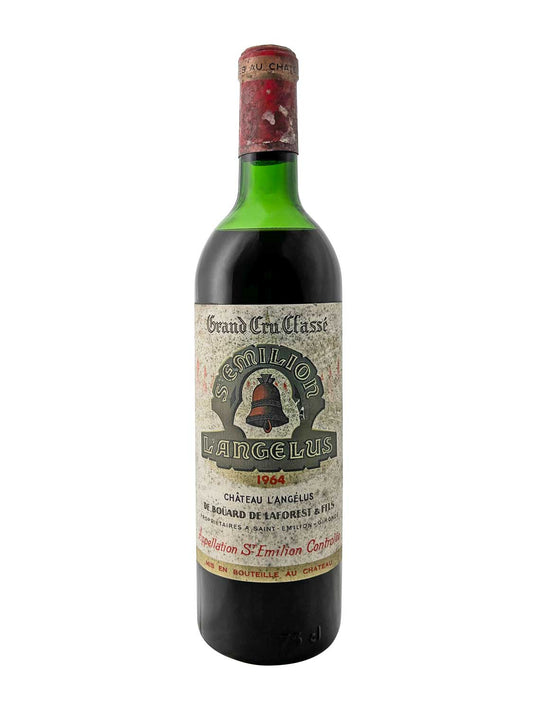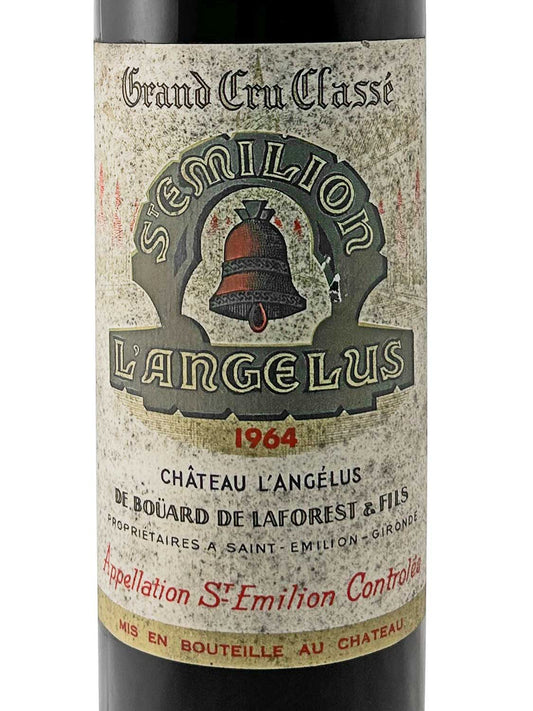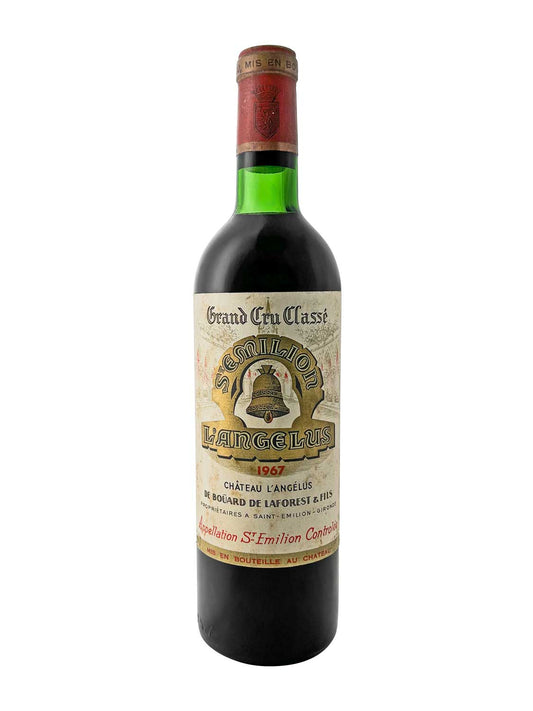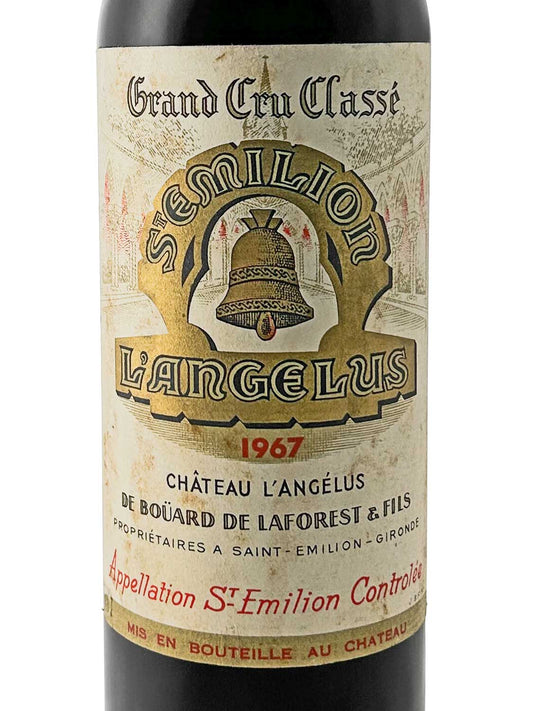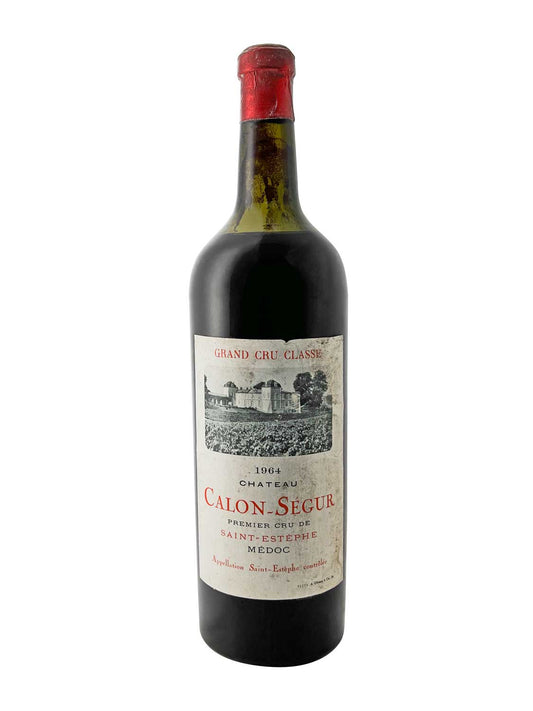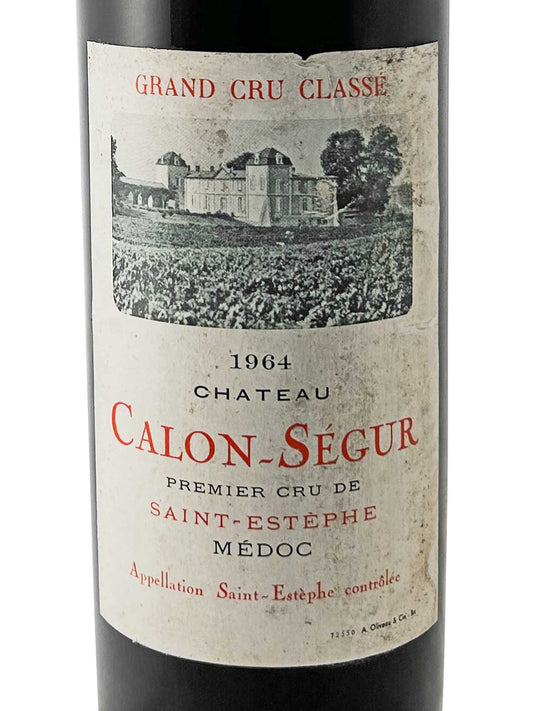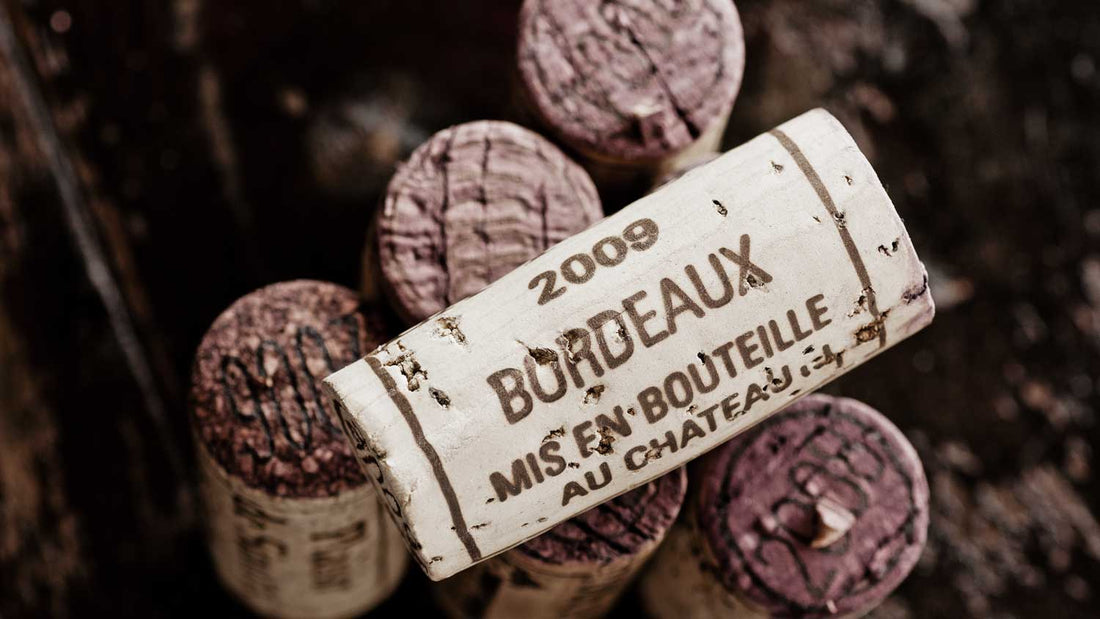
How much do wine corks cost?
Prices, types and their significance for wine: A look behind the scenes
Wine corks are an often overlooked but crucial part of wine production. They play an important role in protecting the wine and influencing its aging, shelf life and taste. But how much do wine corks actually cost? In this blog post, we take a look at the different types of corks, their prices and the factors that affect these costs.
1. The different types of corks
There are several types of corks used in the wine industry:
Natural corks : Made from the bark of the cork oak, these corks are the most common in high-quality wines. They offer good oxygen permeability, which is important for the aging of the wine.
Agglomerate corks : These consist of small pieces of cork glued together. They are less expensive than natural corks and are often used for everyday wines.
Synthetic corks : Made from plastic or other synthetic materials, they offer an alternative solution to natural corks. They are often less expensive and can ensure consistent quality.
Screw caps : Although they are not technically corks, screw caps are becoming increasingly popular, especially for white wines and younger red wines.
2. Price range for wine corks
The cost of wine corks can vary greatly:
Natural corks : Prices usually range from €0.20 to €1.00 per piece, depending on the quality and manufacturer. High-quality natural corks for premium wines can even cost up to €2 or more.

Agglomerate corks : These are usually cheaper and cost between €0.10 and €0.30 per piece.
Synthetic corks : These usually range from €0.05 to €0.50 per piece.
Screw caps : The cost of screw caps also varies, but is often between €0.10 and €0.30 per piece.
3. Factors that influence costs
Several factors can influence the price of wine corks:
Quality of the material : High-quality natural corks come from special regions (e.g. Portugal) and require careful processing.
Sustainability : More and more winemakers are placing emphasis on sustainable practices. This can affect the price, as eco-friendly materials are often more expensive.
Brand names : Some manufacturers have made a name for themselves and charge higher prices because of their reputation for quality.
Volume discounts : Winemakers often buy in bulk, so prices may vary depending on the quantity ordered.
Conclusion
The cost of wine corks may seem low at first glance, but they play a crucial role in wine production. From high-quality natural corks to cost-effective synthetic alternatives, each type has its own advantages and challenges. When choosing the right cork, winemakers look not only at the price, but also at the impact on the wine itself and sustainability aspects.
Whether you are an experienced wine collector or just starting your wine collection, understanding wine corks can help you understand why renowned wineries always choose natural corks.

